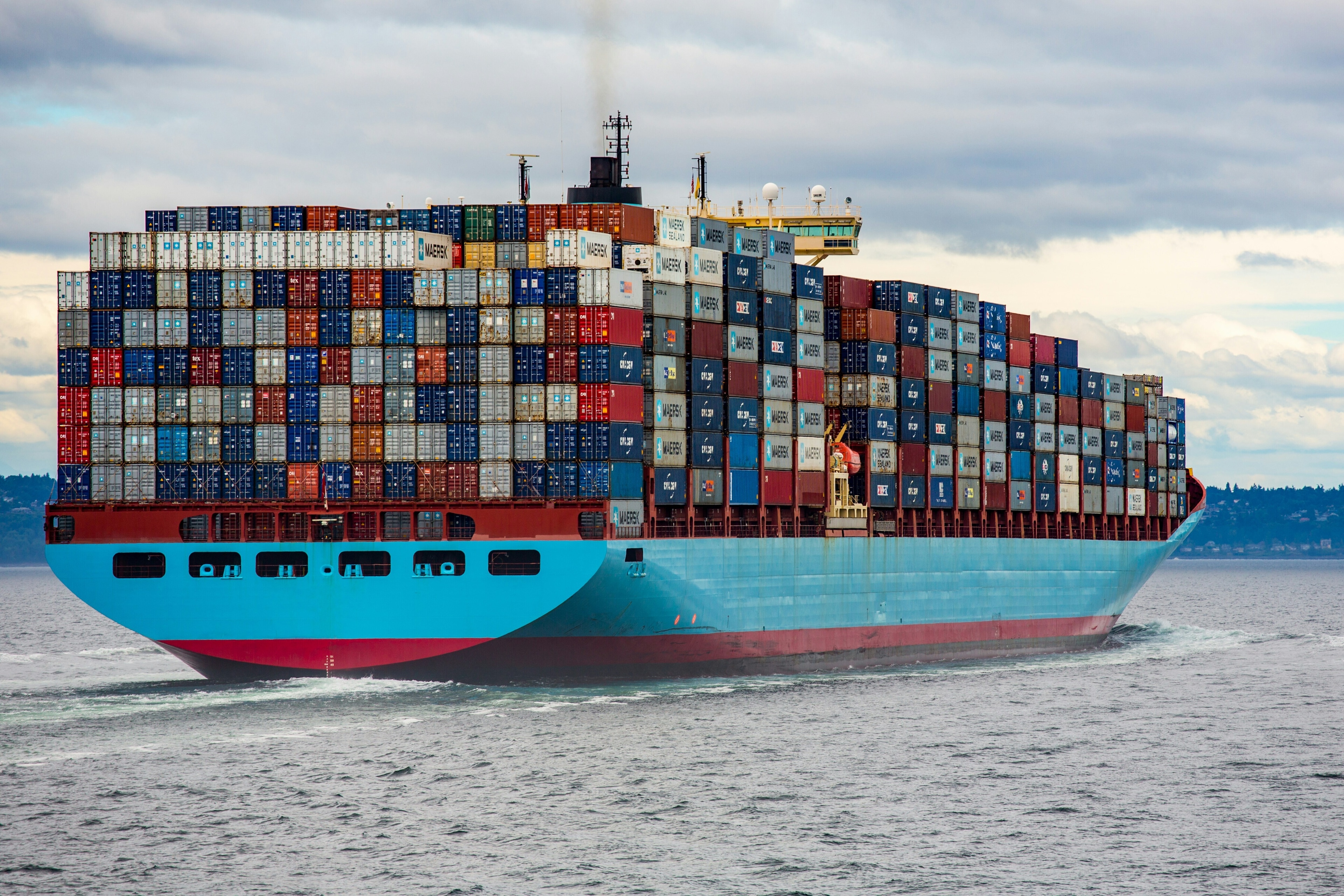How strategic foresight can help leaders plan for a changing world

Leaders can use strategic foresight to create more robust policies in an increasingly uncertain world.
Image: Getty Images/Feodora Chiosea
- Governments have a responsibility to plan for the long-term, which includes anticipating the unexpected, particularly in today’s increasingly uncertain world.
- Strategic foresight is a methodology within future studies that can help with this by enabling decision-makers to identify and respond to emerging opportunities and challenges in a timely way.
- If it’s supported by clear mandates and resources, strategic foresight can become part of an organization’s culture, helping it to prepare for the future.
In a world increasingly dominated by uncertainty and change, governments must constantly adapt and respond to society's future needs when formulating and managing public policies. Strategic foresight can be indispensable in helping governments to do this. It allows them to envision different versions of the future and effectively prepare for these possible outcomes.
Strategic foresight is a methodology within future studies that helps identify emerging opportunities and challenges. It also promotes innovation in public policy by experimenting with new strategies and evaluating the effectiveness of current ones. It helps leaders and officials to anticipate change, which is essential for proactive and effective management.
In fact, anticipation is a fundamental aspect of strategic foresight. In addressing current problems and anticipating their future evolution, governments and businesses can design more effective long-term policies. For example, even though most countries had identified pandemics as a likely risk before COVID-19, many were still not prepared for the pandemic. Countries with a strong track record in strategic anticipation such as the Nordics, however, demonstrated better preparedness and management in many respects.
Analyzing future challenges
Strategic foresight also promotes stakeholder participation and mediation in debating and exploring plausible and desirable futures. This should happen across public and private organizations to ensure inclusion of diverse perspectives and greater resilience to emerging challenges.
Global institutions such as the Millennium Project, UNESCO, and the UN integrate this methodology into governance and policymaking. As part of the discipline of future studies, it helps these organizations to anticipate and prepare for challenges .
Many governments also have strategic anticipation units – Policy Horizons Canada, the UK Government Office for Science Foresight Unit, the Centre for Strategic Futures in Singapore, and France Stratégie. These entities conduct forward-looking assessments and analyses to influence and shape government policies, ensuring that a robust understanding of potential futures informs decisions.
Helping governments plan for the long term
Successful examples of countries implementing strategic foresight and long-term thinking in their management tend to have four crucial elements in common. These components are fundamental to addressing current and future challenges. They will ensure the formulation and management of public policies are effective and resilient in the long term.

First, a long-term institutional structure for strategic foresight in governments means having a minimum legal/regulatory framework that allows for the development and informed adaptation of policies for the future. This involves establishing strategic foresight units throughout government, which have clear mandates and the necessary resources to function effectively.
These units must, among other things, advise on long-term strategic decision-making by government leaders and integrate the information they generate into the public policy formulation cycle. For example, the OECD's Strategic Foresight Unit collaborates with governments to address strategic challenges and prepare for future uncertainties in areas such as digital transformation, long-term global risk management and preparing for the energy transition.
Second, the effectiveness of strategic foresight depends mainly on its systematic integration into decision-making and long-term government planning. Understanding the value of incorporating forward-looking information and a long-term perspective into government decisions benefits citizens now and in the future. It helps government leaders anticipate and adapt to changes, ensuring the well-being of the population.
Accept our marketing cookies to access this content.
These cookies are currently disabled in your browser.
Third, governments must promote the adoption of strategic foresight by encouraging skills and capacity development at all levels of the public sector – from senior management to policy operators. The latter need tools that integrate strategic foresight into day-to-day and strategic planning. According to a 2020 OECD report, strategic foresight allows decision-makers to reflect on themselves, question implicit biases, and ask essential questions. This improves the effectiveness of public policies.
Just as important as the above, however, is that governments invest in training employees in future studies, long-term thinking and strategic anticipation. This will provide the appropriate tools and resources for both public policy formulators and managers to incorporate this way of thinking and acting into their work.
Finally, governments must ensure constant collaboration between foresight experts and policymakers, but should also include relevant stakeholders in their discussions to develop well-informed and inclusive policies. Establishing this culture throughout the branches of government and the various levels of public administration can help ensure long-term strategic decisions are based on solid foundations and a vision for the future.
Adopting strategic foresight in policy formulation and public management not only boosts preparedness, it’s a vital tool for anticipation and an essential component of effective and resilient governance. By proactively addressing future challenges and adapting public policies in response, governments can ensure sustainable development and a better quality of life in an ever-changing world.
Don't miss any update on this topic
Create a free account and access your personalized content collection with our latest publications and analyses.
License and Republishing
World Economic Forum articles may be republished in accordance with the Creative Commons Attribution-NonCommercial-NoDerivatives 4.0 International Public License, and in accordance with our Terms of Use.
The views expressed in this article are those of the author alone and not the World Economic Forum.
Related topics:
Forum Stories newsletter
Bringing you weekly curated insights and analysis on the global issues that matter.
More on LeadershipSee all
Eric White and Patrick Verkooijen
September 18, 2025
S. D. Shibulal and François Bonnici
September 18, 2025
Emilian Axinia
September 11, 2025
Ana Kreacic and John Romeo
September 9, 2025
Stéphane Gervais Ducouret and Arman Iranfar
September 8, 2025
Nagendra Bandaru
September 8, 2025





